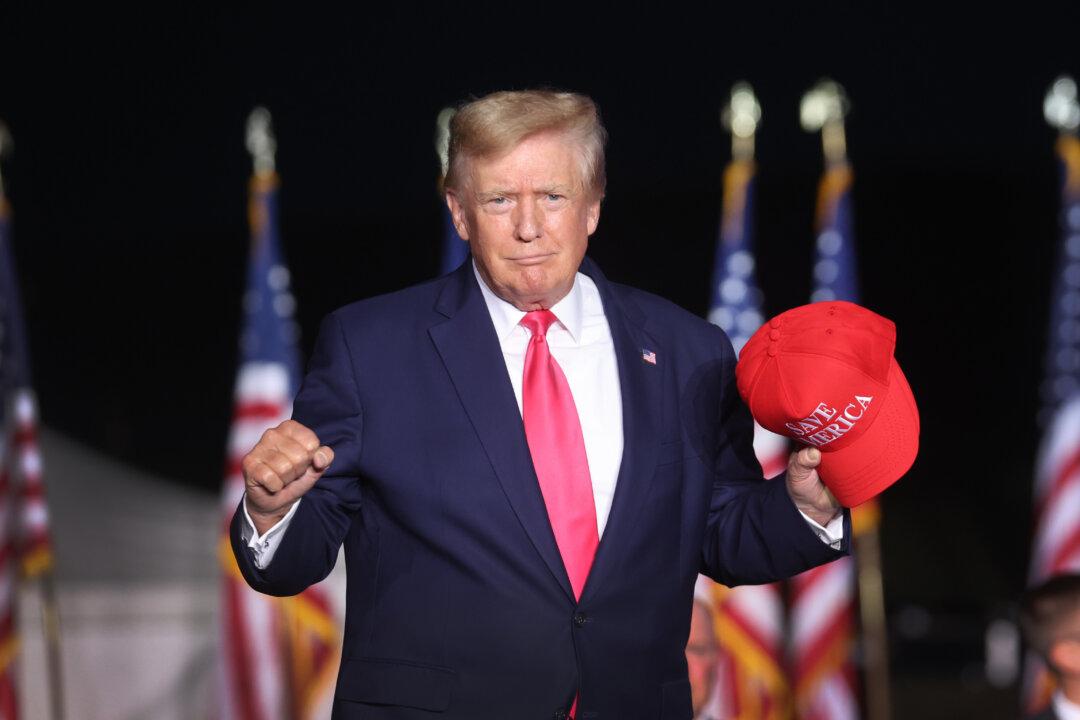Former President Donald Trump and the Justice Department (DOJ) have each submitted two candidates to serve as an independent special master to review documents the FBI seized from the former president’s Mar-a-Lago residence last month.
The four candidates for the position were revealed on Sept. 9 in an eight-page filing (pdf) with the U.S. District Court for the Southern District of Florida. According to the court filing, Trump’s legal team and the DOJ will “advise the Court about their respective positions on the other party’s proposed candidates” on Sept. 12.



